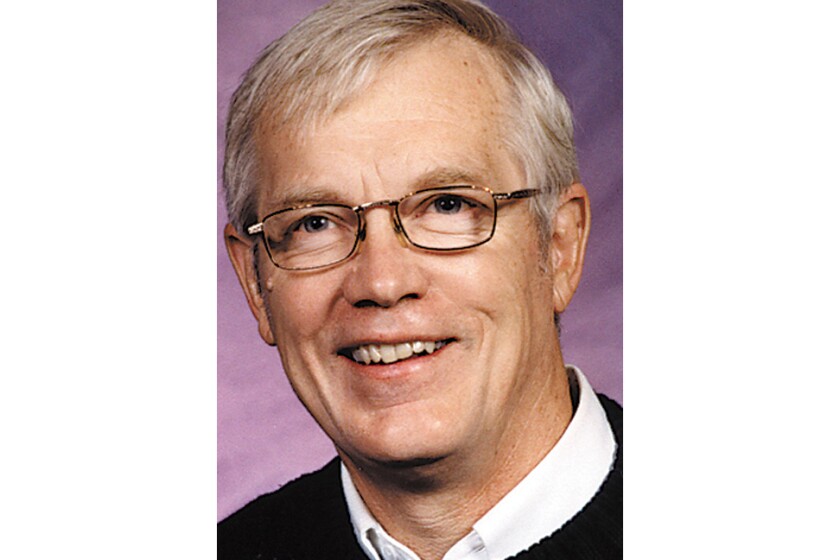In a utopian society, every country and every person work together to improve the whole. If you think of the world today as a cog, with each tooth representing a country, then our world today is severely broken.
Perhaps the closest we came to a utopian society was after World War II, when everyone, including our enemies like Germany, Japan and Italy, was weary of killing. Soldiers longed to return home and find peace.
ADVERTISEMENT
Some of you may recall the Victory Gardens that people planted during World War II. Everyone contributed, and in the end, the Victory Gardens, rationing, saving, and collecting scarce items like rubber and metal all made a difference. It was a team effort.
As a result, the United States not only helped bring an end to the war but also became a model on how to work together. England was the same way.
How important is teamwork? Henry Ford said, "Talent wins games, but teamwork and intelligence win championships."
Interestingly, Ford was not a coach, yet he recognized that in his business, everyone belonged to the Ford team, and the results showed it.
No other word conveys the meaning like the word "team." Coaches continually emphasize, "We’re a team. We’re in this together. We win like a team. Should we lose, let’s not lose because we failed to work together as a team. Team is not just something; it’s everything."
How can we apply the principles of teamwork to education? We need to view schools, students, staff, and the community as a cohesive team. Everyone plays a vital role. Each individual is an essential cog in the success wheel.
From the first-grade class to the fourth-grade art class, from the eighth-grade science class to the high school band and chorus, and through to the AP calculus class, every participant contributes.
ADVERTISEMENT
If a cog is missing or not functioning effectively, the cogs that drive the wheel forward cannot be 100% effective. Every cog in the machine matters.
Everyone needs to believe they have a stake in the operation. That is, everyone must feel they are part of the team. Kids who have no say, don’t want a say, or don’t take the time to have a say are more likely to do poorly in school.
I learned this from Dr. William Glasser, a psychiatrist, whom some may remember. He is the founder of Choice Theory and is well-known in virtually every educational circle. He believed that kids and adults are more likely to contribute when they feel like part of the organization. He is right.
Teachers, too, need to feel that they contribute to the overall good of the school. Frank Sinatra says, "Start spreading the news, I am leaving today, I want to be part of it, New York, New York."
We don't have to go to New York. We can feel part of many things right where we live. So, ask yourself, "What am I part of? How am I contributing?"
Lastly, educators and parents must align on the same goal: helping students succeed in school, which ultimately leads to graduation. When kids don’t graduate, we must ask ourselves, "Why?" What more could a teacher or a parent have done to ensure that our young people graduate?
UConn women's basketball coach Geno Auriemma is renowned for his strong emphasis on teamwork. The results are impressive: 11 national titles and 23 Final Four berths.
ADVERTISEMENT
He states, "On the Importance of Teamwork: I’ve never lost sight of the fact that it is just a game — it is a bunch of people trying to get together to accomplish something that individually you can't do by yourself."
No educator, no community can do it alone, but we can do it as a team. Teaching should be a team sport.
Riddle: What four words appear on every denomination of U.S. currency? (Answer: Either “God Bless America” or “United States of America.” Even at our worst moments, we are still blessed.)
100%
Congratulations to all of the 2025 graduates. You are blessed. May you all become team players.
John R. Eggers of Bemidji is a former university professor and area principal. He also is a writer and public speaker.









